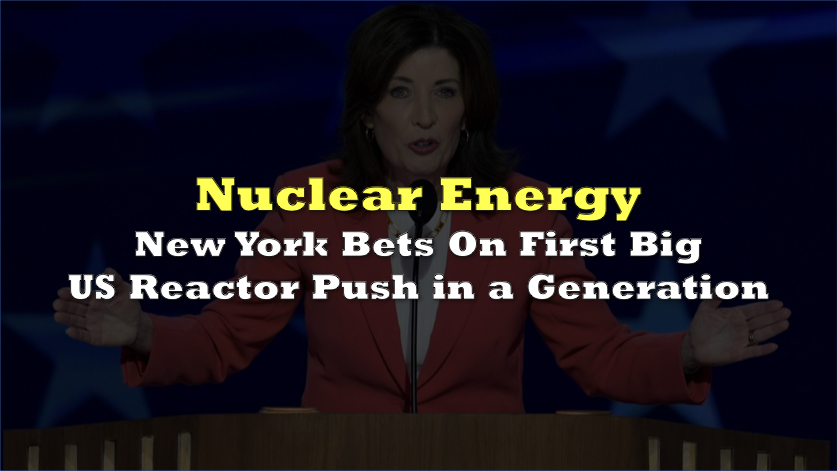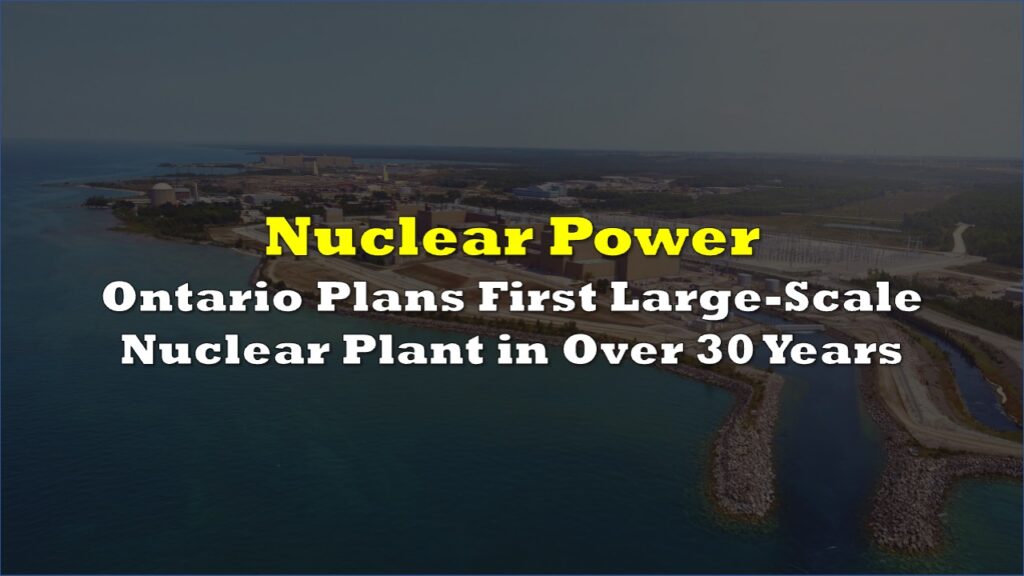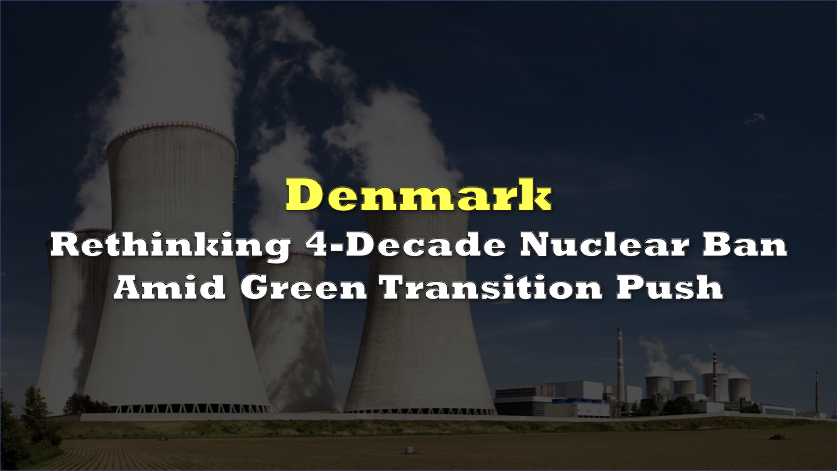France is putting its chips back on the table for nuclear energy, and this time it’s a high-stakes gamble. In a move that underscores its long-standing preference to atomic power, the French government is planning a zero-interest loan to finance six massive new nuclear reactors. The project, estimated to cost a staggering €50 billion ($52.6 billion) or more, represents one of the country’s most ambitious energy investments in decades.
This plan aims to replace France’s aging fleet of reactors and solidify its energy independence. But while the government doubles down on nuclear, critics are raising alarms about its neglect of renewables and EDF’s track record of delays, debt, and cost overruns.
EDF, the state-owned power giant, has been in a tough spot. The company is swimming in debt after years of maintaining the 57 reactors that currently supply 70% of France’s electricity. Building six new reactors is a colossal undertaking, and EDF doesn’t have the funds to pull it off alone.
Cue the French government, which is stepping in with a financial lifeline: a zero-interest loan. The idea is to shoulder the upfront costs of construction while offering EDF some breathing room to get the reactors up and running. To sweeten the deal, the plan includes a “contract for difference” (CfD), guaranteeing EDF a stable, long-term price for the electricity the reactors will produce.
But this isn’t a blank check. The finer details—like the loan amount and how much risk the government will take on if the project runs over budget—are still being hammered out. And given EDF’s recent history, those risks are no small matter.
Take the Flamanville-3 reactor. Construction started in 2007 with an estimated cost of €3.3 billion ($3.6 billion). Today? It’s not even online, and the price tag has ballooned to over €12 billion. Then there’s Hinkley Point C in the UK, another EDF venture, where costs have soared to as high as £34 billion ($42.7 billion).
France’s plan takes cues from a similar deal in the Czech Republic, where the government provided a low-interest loan to build a new reactor at Dukovany. In that case, the loan starts at zero interest during construction and climbs to 2% once the reactor is operational.
French officials are hoping the European Commission will give their plan the same approval it gave the Czech deal. But even with that precedent, this project is on a much larger scale.
So why is France making this massive bet on nuclear power? It’s a combination of necessity and expertise. Europe is still reeling from the energy crisis sparked by Russia’s invasion of Ukraine, which sent natural gas prices through the roof. Countries are scrambling for energy independence, and nuclear offers a reliable, low-carbon alternative to fossil fuels. And unlike some of its neighbors, France has a long history with nuclear power and the infrastructure to back it up.
Not everyone is thrilled about Macron’s nuclear obsession. Earlier this year, the government unveiled a draft energy bill that prioritized nuclear power but left renewable energy targets conspicuously absent.
Critics point out that nuclear alone won’t solve France’s energy challenges. Building these reactors will take years—construction on the first isn’t set to begin until 2027—and the government still hasn’t addressed how to meet its climate goals in the interim.
For Macron, this project is a defining piece of his legacy. For EDF, it’s a chance to prove it can still deliver on big promises. And for France, it’s a gamble on nuclear energy as the backbone of its energy future.
But make no mistake: this is a risky bet. If the reactors are completed on time and within budget—a big “if” given EDF’s track record—it could reaffirm France’s status as a nuclear powerhouse. If not, it could be a costly reminder of why some countries are moving away from nuclear in the first place.
Information for this story was found via Reuters and the sources and companies mentioned. The author has no securities or affiliations related to the organizations discussed. Not a recommendation to buy or sell. Always do additional research and consult a professional before purchasing a security. The author holds no licenses.









